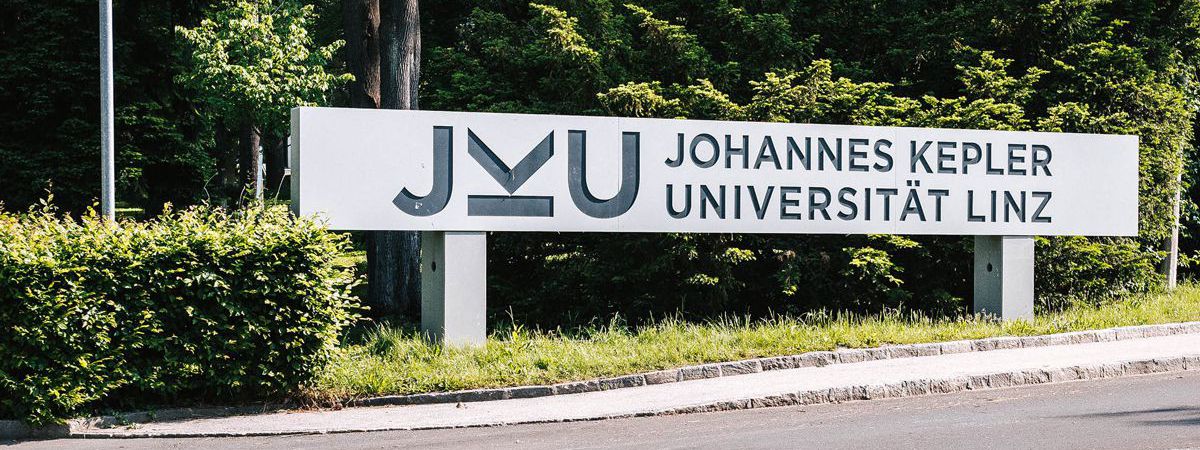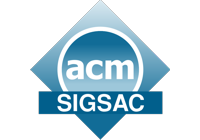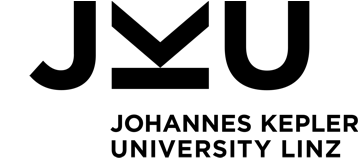ACM Workshop on Wireless Security and Machine Learning (WiseML 2020)
The second ACM Workshop on Wireless Security and Machine Learning (WiseML 2020) will be held on July 13, 2020 in conjunction with the 13th ACM Conference on Security and Privacy in Wireless and Mobile Networks (ACM WiSec 2020). The workshop will be held virtually with online presentations. Accepted papers will appear in the conference proceedings and the ACM digital library.
Scope and background
Artificial intelligence (AI) and machine learning (ML) have proven to be invaluable tools for a diverse and far-reaching set of applications ranging from traditional image recognition and natural language processing tasks to more recent cyber security and autonomous navigation challenges. In recent years, applications of AI/ML have also emerged in the wireless communications and networking domains. ML systems based upon state-of-the-art neural network architectures, powered by the ever-more powerful hardware accelerators for computing, have been deployed for spectrum sensing applications (signal detection, estimation, classification, and identification), channel estimation and feedback, coding, waveform design, emitter identification, cognitive jamming and anti-jamming, among many others.
In the more established AI/ML domains, recent research has demonstrated the efficacy of adversarial ML (AML) techniques to negatively impact the performance of AI/ML systems with minimal distortion on the data samples. Consequently, vulnerabilities to the privacy and security of these systems, and the data used to train them, have been exposed. However, the impact of these concepts on wireless technologies is at present underdeveloped. In addition, the proliferation of mobile collaborative multi-agent autonomous platforms (aerial, terrestrial, or underwater), communicating over wireless networks, has made them susceptible targets to various attacks. Harnessing efficient, robust AI/ML algorithms for wireless security that can operate under constrained power and computational resources, is of paramount importance for guaranteeing the integrity of such platforms. Undoubtedly, an effort to investigate the interactions between ML and wireless security, privacy, and robustness, would be both timely and indispensable.
The purpose of this workshop is to bring together members of the AI/ML, privacy, security, wireless communications and networking communities from around the world and offer them the opportunity to share the latest research findings in these emerging and critical areas, as well as to exchange ideas and foster research collaborations, in order to further advance the state-of-the-art in security techniques, architectures, and algorithms for AI/ML in wireless communications.
Topics of interest
Topics of interest include, but are not limited to:
Adversarial ML Techniques
- Adversarial examples
- Poisoning attacks
- Trojan/backdoor attacks
- Generative adversarial learning
- Defense techniques
Privacy and Security Issues of ML Solutions
- Differential privacy
- Information theoretic privacy
- Physical layer privacy
- Membership inference attacks
- Model inversion
Strengthening ML Solutions
- Datasets
- Data augmentation
- Privacy-preserving learning
- Secure learning
- Federated learning
- Certified defense
- Uncertainty quantification
- Information discovery
- Cognitive radio
- Hardware solutions
- Embedded computing
- Experiments and testbeds
Relevant ML Applications
- 5G/IoT security
- Network slicing
- Network virtualization
- Anonymity
- Authentication
- Covert communications
- Device identification
- Intrusion detection
- Localization
- RF fingerprinting
- Smart jamming and spoofing
- Security for mobile autonomous multi-agent platforms
Workshop chairs

Deniz Gunduz
London, UK

Brian Jalaian
Adelphi, MD, USA

Marc Kurz
Hagenberg, Austria

Berhard Moser
Hagenberg, Austria

Yalin E. Sagduyu
Rockville, MD, USA

Yi Shi
Blacksburg, VA, USA

George Stantchev
Washington, DC, USA
Steering committee
- Wenjing Lou, Virginia Tech, USA
- Alan Michaels, Virginia Tech, USA
- Stephen Russell, U.S. Army Research Laboratory, USA
- K.P. (Suba) Subbalakshmi, Stevens Institute of Technology, USA
- Sennur Ulukus, University of Maryland, USA
Submission guidelines
All papers for WiseML 2020 must be submitted electronically through the HotCRP conference management system.
Workshop extended abstracts must be written in English and are not to exceed three pages. Workshop papers must be written in English and are not to exceed six pages. Only PDF files will be accepted for the review process of both abstracts and papers. All submissions must be prepared using the following ACM proceedings template and must use US Letter page size (215.9 x 279.4 mm / 8.5 x 11 inches):
- ACM proceedings template for LaTeX
- ACM proceedings template on Overleaf
- Further information on ACM proceeding templates
Accepted papers will appear in the conference proceedings and the ACM digital library.
Registration requirement
All accepted papers must be presented at the workshop. Therefore, at least one author of each accepted paper must register to the workshop at author rate (one per paper) and present the paper.
Important Dates
Extended abstract submission deadline: May 10, 2020 (23:59 AoE)Extended abstract submission deadline (EXTENDED): May 12, 2020 (23:59 AoE)Acceptance notification: May 18, 2020Camera-ready paper submission: May 24, 2020 (23:59 AoE)- WiseML workshop: July 13, 2020







